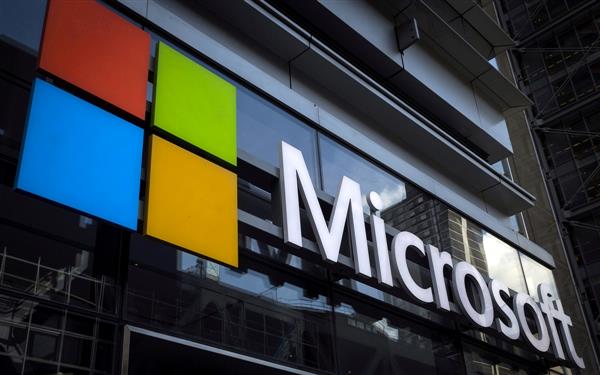Hacked Firms Face ‘Frankenstein’ of State-Based Cyber Notification Laws
Last summer, Katherine “Kitty” Green received some disturbing news about the computer network at Florida Gulf Coast University, where she oversees a foundation for private donors. An outside data provider warned it had detected that hackers sneaked into the university’s systems and might have made off with sensitive personal information of its benefactors.
Six months later, FGCU sent out notices to 5,498 financial supporters, offering free credit-monitoring and a hot line to call for more information. One reason it took so long is that, after consulting with technical and legal experts, the university concluded that under local laws, it would have to file different notifications in 16 different states.
“Every state has different questions, which makes it much more complicated to know what to do,” Green said. “It was definitely more time consuming than we’d imagined.”
With more businesses, governments and organizations succumbing to cyber-attacks, the lack of a clear and effective reporting standard for threats and breaches has taken on new urgency. Over the weekend, another massive hack of businesses came to light, this time of Microsoft Corp.’s widely used email software and affecting at least 60,000 known victims globally, according to a former senior U.S. official with knowledge of the matter.
That announcement comes hard on the heels of the SolarWinds hack, so called because suspected Russian hackers targeted popular software from Texas-based SolarWinds Corp. As many as 18,000 of its customers received infected updates, though far fewer were targeted with secondary attacks — about 100 private-sector companies and nine U.S. agencies, according to the White House.
Notification Headache
Amid all these attacks, notifying the public has itself become a major headache. That’s because, as data breaches have proliferated, so too has the patchwork of notification requirements.
On the federal level, there are special rules for personal health records and a Securities and Exchange Commission directive that public companies inform…

